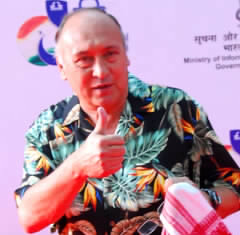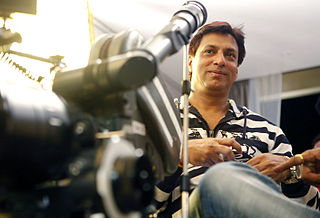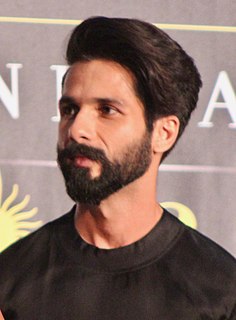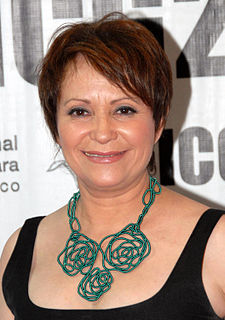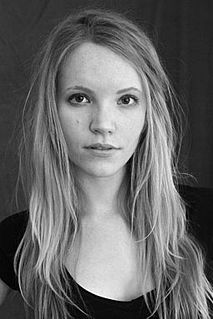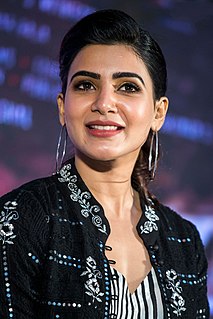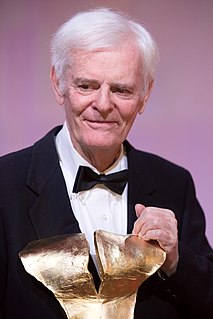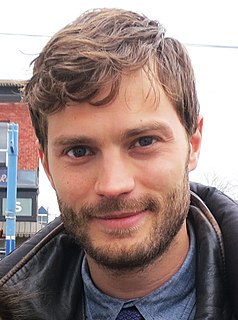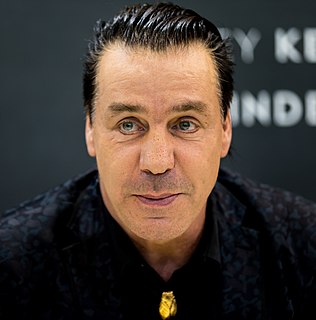A Quote by Victor Banerjee
I have always admired the Russian cinema, their incisive storytelling, sharp camera work and brilliant acting in them. Indian filmmakers can learn a lot from it.
Related Quotes
Of course, you can never watch something like somebody else watches something like you, but nonetheless, you have to try. So I think on camera you learn a lot about how much the camera does for you, which is what is the great luxury of movie acting. Or acting whether it's TV or movies or whatever it is, that the camera's really such a gift because there's so much that it sees and does if you're willing to just be open and expose yourself and all of that. So you also learn what doesn't matter. And sometimes when you think about things, you think things matter that don't matter.
It seems like the world is so fast to move its interest to someone else. When I think about filmmakers and actresses that I have admired my whole life, I've admired their entire body of work. I have admired what they began with and what they're doing now. And now I feel like there's such a weird pressure to find the new face. I don't get it at all. I want to see women evolve. I want to see a body of work. I want to see all of it.
I like to work with artists from around the world. There are so many new inspiring filmmakers. I had the privilege recently to work with Ethiopian filmmaker Zeresenay Mehari and his wife on the film Difret. They are that unique balance of very thoughtful conscious filmmakers who are also brilliant, original artists.
I did it [photojournalism] as something that was really rewarding to do, given the opportunity to express myself about something I cared about, and also to learn a lot by watching filmmakers I admired. In a sense, it was my film school. After doing it for a few years, I decided that the time had come to get it together and do some work of my own. So I stopped doing that and wrote some screenplays on speculation, because even though I wanted to direct, to direct you need a lot of money.
